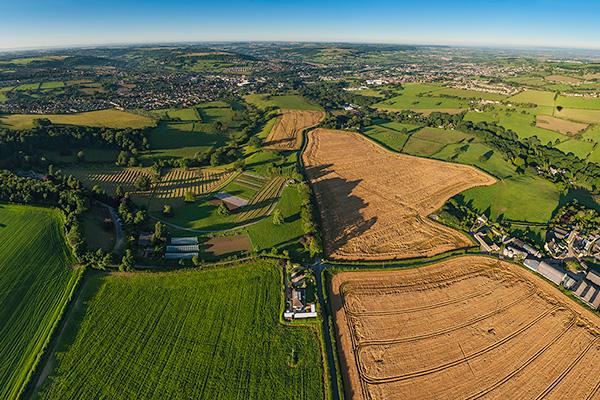Role of the G20
After the financial crisis of 2008, global leaders looked for multilateral solutions and held the first G20 Leaders Summit in Washington, D.C. Together, the G20 members represent around 90% of global GDP, 80% of global trade and two-thirds of the world’s population, as well as some 60% of all agricultural land and about 80% of world trade in agricultural products.
In the aftermath of 2008, G20 members collectively decided to stimulate their economies and refrain from protectionist measures, thus hastening the end of the recession. This demonstrated that only by working together can the ‘key players’ address the challenges of a fast-changing world, and ensure stability and continuity in the economic and financial systems that underpin global security and prosperity.
The G20 members are:
- Argentina
- Australia
- Brazil
- Canada
- China
- France
- Germany
- Italy
- India
- Indonesia
- Japan
- Mexico
- Republic of Korea
- Russia
- Saudi Arabia
- South Africa
- Turkey
- United Kingdom
- United States
- European Union.
The EU in the G20
The European Union is a full member of the G20, alongside three of its Member States: France, Germany and Italy. Spain is a permanent guest.
The EU is represented at G20 summits by the President of the European Commission and the President of the European Council.
Accounting for around 6% of the world’s population, the EU is only surpassed by China and India in terms of the number of people it represents at the G20 Summit table. The EU is the second largest economic power at the table, representing 18.5% of total global gross domestic product, behind the United States which accounts for 24% of global gross domestic product.
Focus on agriculture
The G20 agriculture ministers meet prior to each annual summit, highlighting key topics in their declaration, which informs discussions at the subsequent Leaders’ Summit. Common themes that featured strongly in the past decade include the role of innovation (especially information and communications technologies) in agriculture, the preservation of healthy soils and sustainable water management, as well as the effective conduct of agricultural trade and investments.
In more recent years, particularly in the wake of the COVID-19 pandemic and the Russian invasion of Ukraine, the following policy areas have come to the fore:
- future-proofing the resilience of regional and global food security against both temporary shocks, such as pandemics and military conflict, and long-term challenges, incl. climate change;
- combatting food loss and waste;
- the sustainable transformation of food systems and the protection of soils, water resources and biodiversity;
- digital innovation in agriculture, as well as better quality and availability of data to support policy making and the adoption of smart technologies;
- supporting the UN’s 2030 Agenda for Sustainable Development, and the One Health approach to prevent the escalation of sanitary threats such as Antimicrobial Resistance;
- sustainable trade, responsible investments and transparency in agri-food markets, in particular by contributing to the functioning of the G20's Agricultural Market Information System (AMIS).
Key dates
The most recent and upcoming summit hosts are as follows:
- Italy in 2021
- Indonesia in 2022
- India in 2023
- Brazil in 2024
- South Africa in 2025.
Related links
The European Commission coordinates the response to crises affecting or threatening to affect food supply and food security in the EU and around the world.
The European Commission pushes for sustainability in agriculture, forestry and rural areas across the EU. The European Commission pushes for sustainability.
By lowering pesticide and fertiliser use and encouraging organic farming, the CAP helps to lessen the environmental impact of food production.
The common agricultural policy aims to protect and enhance agricultural biodiversity in the EU.
Climate change poses a number of challenges for agriculture in the EU. The CAP helps farmers to meet these challenges and contribute to the solutions.
Research and innovation plays a crucial role in ensuring the EU evolves to meet the challenges it faces while continuing to deliver on its policy objectives.

